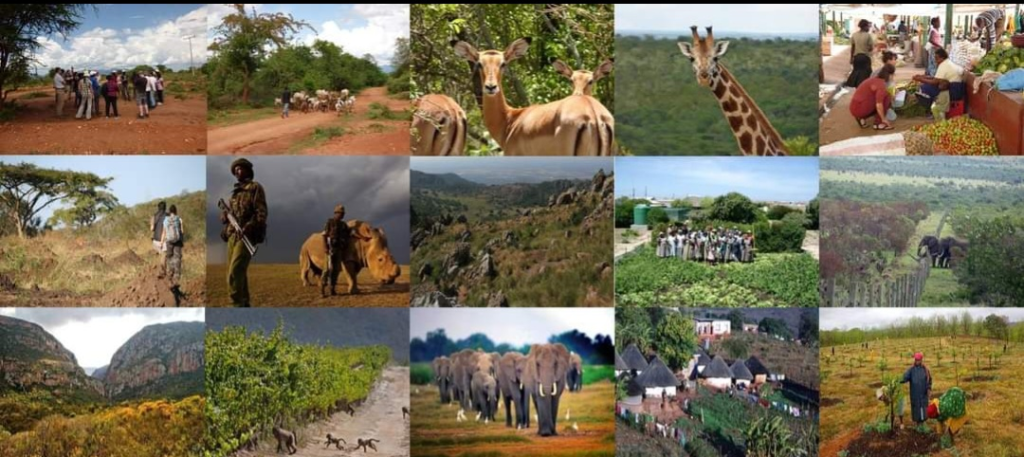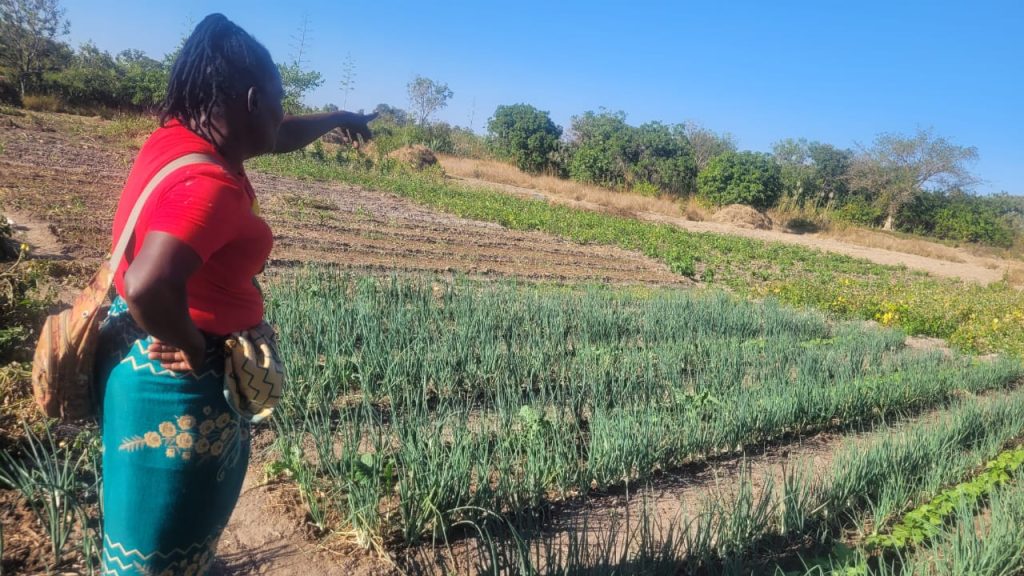
DT Correspondent
Harare, Zimbabwe – In the face of mounting challenges posed by climate change and biodiversity loss, young people in Zimbabwe are stepping up to protect natural ecosystems through innovative solutions.
Zimbabwe, like many other nations, is grappling with a range of biodiversity challenges in forestry, fisheries, and wildlife sectors, as noted by a Zimbabwe Biodiversity Economy (ZBE) report released in September.
Despite these challenges, the ZBE report also identified opportunities to unlock economic value through biodiversity.
Just two months after the release of this groundbreaking report, young people are seizing the opportunity to push for increased participation and awareness in biodiversity conservation.
A webinar series on “Opportunities for Youth in Forestry, Fisheries, Bio-prospecting, and Bio-trade,” organised by the African Wildlife Foundation, highlighted vast opportunities in the forestry sector where young people are already playing a crucial role in promoting non-timber products.
Forestry Commission of Zimbabwe assistant entomologist Mr Leon Tshuma said youth involvement in apiculture, production of edible oils, and non-consumptive tourism can lead to significant value creation. He said areas like Kavhira Forest, Sijarira Forest, Umgusa, and Gwampa Forest in Matebeleland North Province have potential locations for establishing world-class tourism facilities and activities.
Environmental experts agree that empowering young people is vital to address current gaps that have left biodiversity vulnerable to climate change and human behavior.Various organizations, including the Food and Agriculture Organization (FAO), are taking a leading role in investing in youth to ensure the sustainability of conservation programs.
In Zimbabwe, the FAO Fishery Officer for the Subregional Office in Southern Africa, Mr Vasco Schmidt, revealed that his organization is working with many youths in Kariba to promote the fisheries sector.”The Food and Agriculture Organization has been supporting fisheries management in Lake Kariba, participating in the value addition chain for tilapia fish.
It supports the development of socially inclusive business solutions led by youths that can fill market gaps while considering environmental issues,” said Mr Schmidt.
These efforts align with regional and international commitments outlined in the Kigali Call to Action and the Kunming Montreal Global Biodiversity Framework, which prioritise the development of biodiversity economies.
Biodiversity experts emphasize that the well-being of the continent’s environment is critical to the region’s future and safeguarding against hazardous impacts such as climate change.




